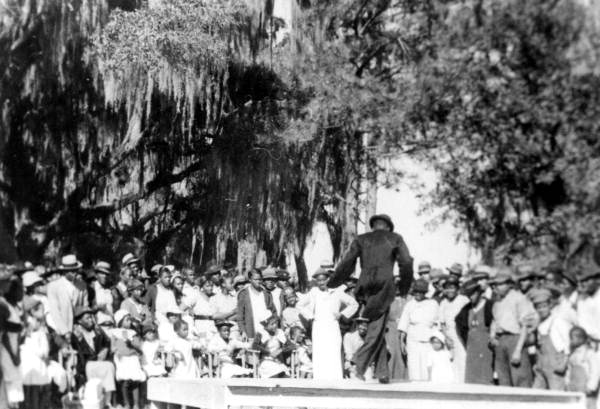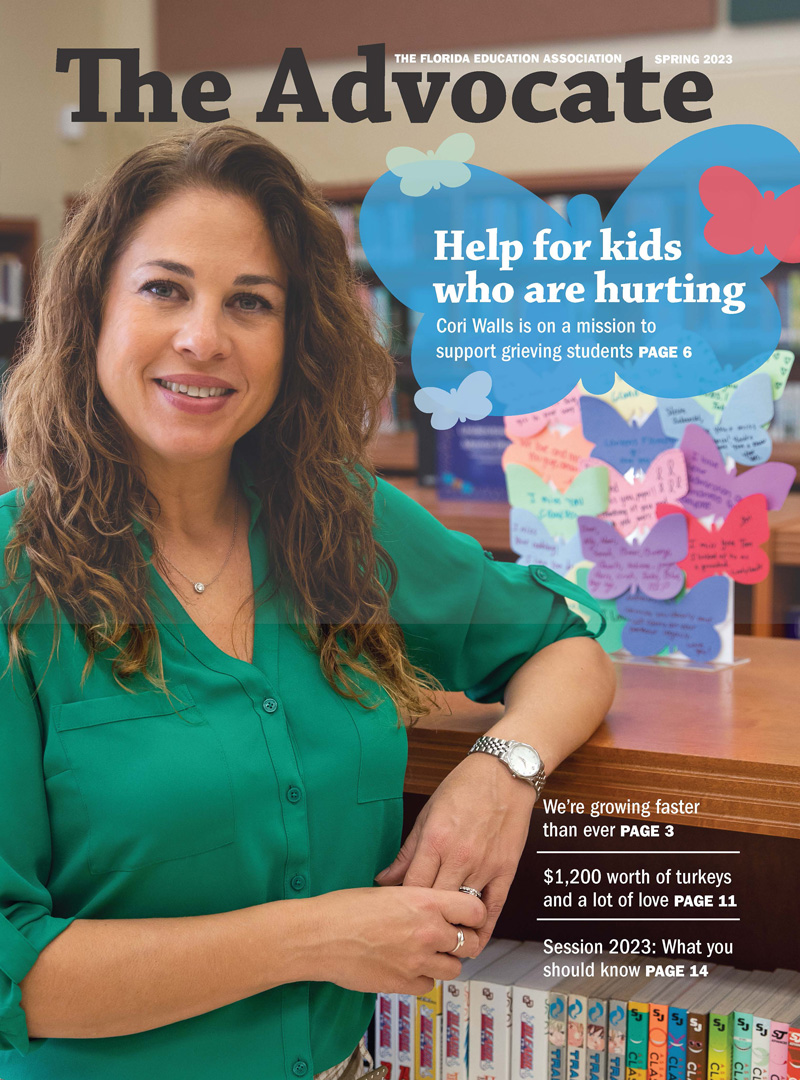Juneteenth is a portmanteau, of June and nineteenth, a state and federal holiday in which we honor Freedom Day, which marks the emancipation of enslaved people in the U.S. However, as is the case with so many moments of historical importance, this holiday was not always recognized federally or in Florida.
Juneteenth was first observed in Florida in 1991, making it the one of the first states to do so. Still, Florida has failed to recognize it as an official state holiday, although 30 states, including Washington D.C, currently do.
Tallahassee, where FEA is headquartered, was the first city in Florida to hear a reading of the Emancipation Proclamation on May 20, before Union generals in Texas announced an end to slavery nearly two years after the Emancipation Proclamation.
Juneteenth is a significant date in our history as Americans. Such an important event and the surrounding conversations should be taught in our public schools. All students, particularly Black students, can get a better grip on history when they understand the context of Juneteenth.

at Horseshoe Plantation, circa 1930. (Source: Florida Memory)
The importance of historical awareness for all students, particularly Black students, allows them to understand the real history of America and how that has brought us to where we are today.
Historically accurate history helps students become the critical thinkers we want to cultivate — it allows them to question history and the world around them and inspires them to dream of a better world. They don’t need curriculum seeped in racism and propaganda to guide them to their conclusion. Some students will take these critical thinking skills through their continuation of education in the public system, some will take these skills to their careers, and some will take these skills and become advocates for social justice. We’ve got to be able to empower and inspire our children.
We already know teaching factual history matters, but how can we do this in Florida — a state that refuses to remove the standard that will teach our students that black people benefitted from slavery; a state that continues to ban books often written by minority and marginalized communities; a state that prioritizes for-profit schools over neighborhood public schools that welcome all students regardless of race or place?
There may be an understood fear amongst teachers and staff about having conversations and instruction that involve race, but these conversations can still be had. Having these learning experiences in the classroom is important more than ever. If you are ready to do this but don’t know how to navigate it, reach out to your local and use the available resources from our national affiliates.
Public schools are not just educational institutions, they are vital parts of our communities. As educators, we have the unique opportunity to benefit and educate the community through our work. If politicians are failing our students, we don’t have to be complacent.
We, as a community, can come together and teach Black history, not just within the school walls, but also outside, in our neighborhoods and local gatherings.
Happy Juneteenth!




